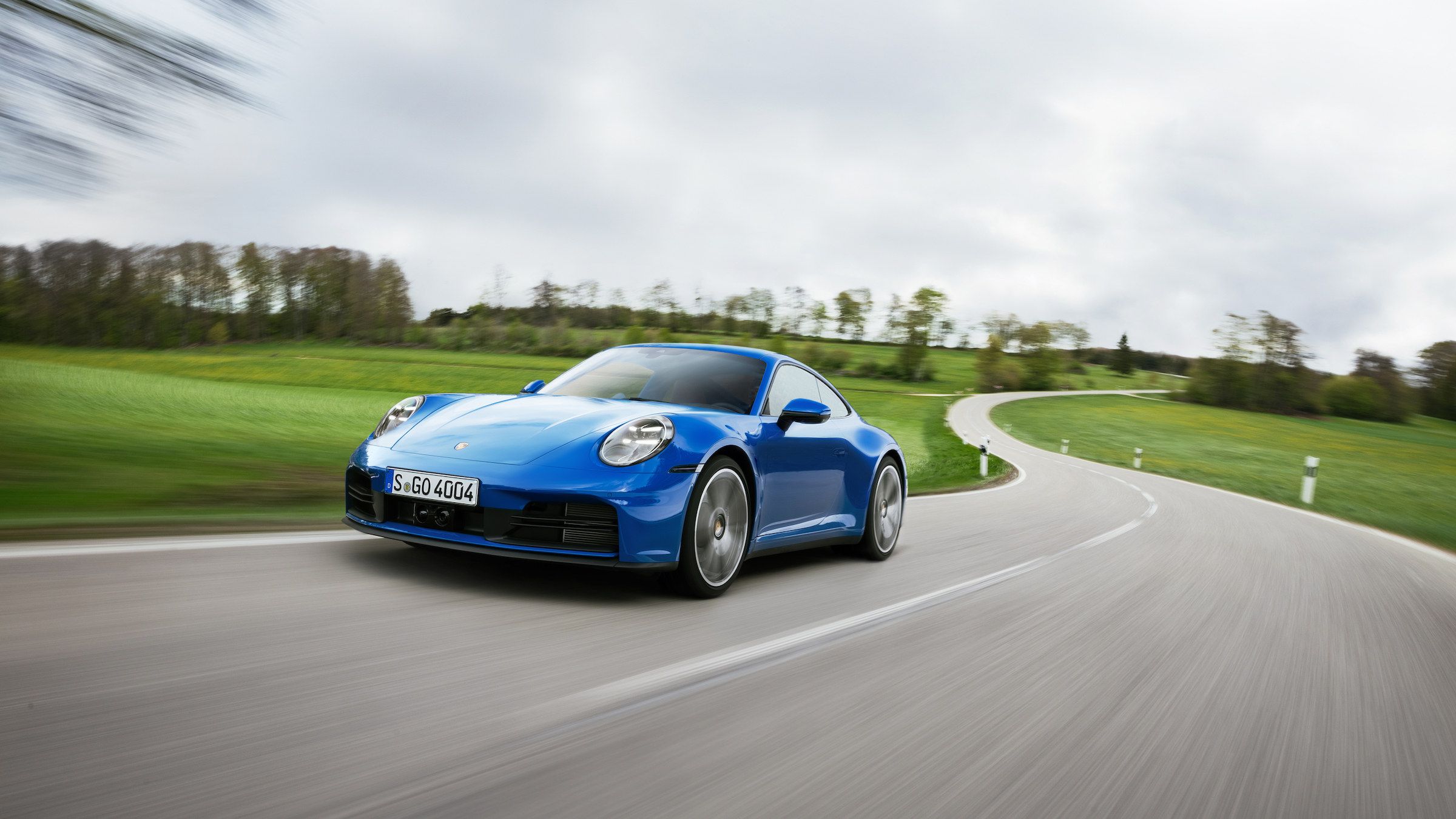
When Porsche pulled the covers off its Mission E concept at the Frankfurt motor show back in 2015, it marked a turning point for the Stuttgart-based marque. Getting ahead of the competition, Porsche gave the public a glimpse of its battery-powered future and followed up with the Taycan in 2019, ahead of electrifying the best-selling Macan earlier this year. With hybrid versions of the Cayenne and Panamera already on sale long before, just one aspect of the Porsche range remained untouched by electrification – its storied sports cars, most notably its flagship 911.
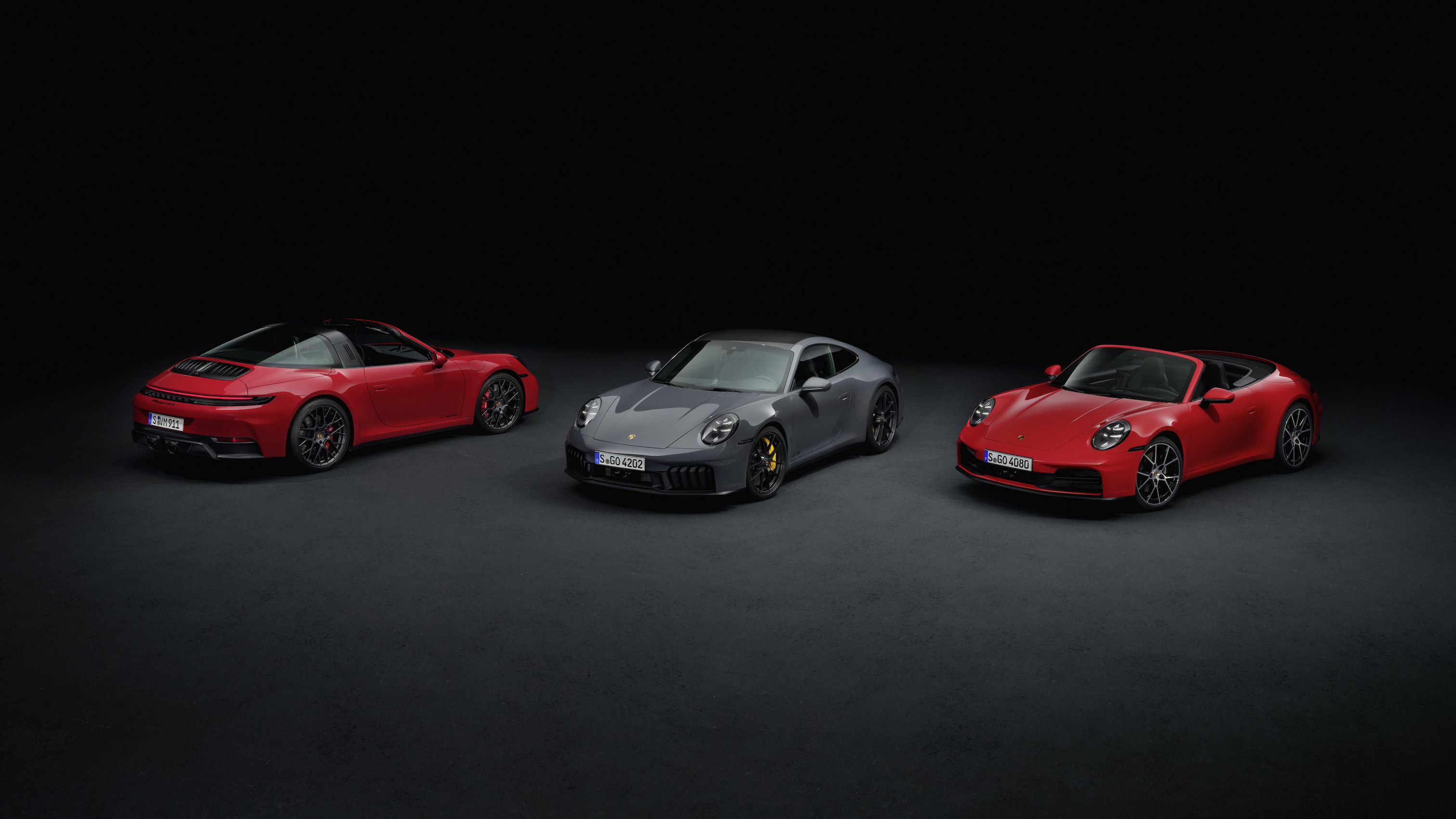
For more than six decades the Porsche 911 has been the benchmark by which all other sports cars are measured and now, the time has come for the icon to benefit from battery power. While the refreshed, entry-level Carrera model still swerves away any form of electrification, it's the new GTS that gets the full 'T-Hybrid' treatment.
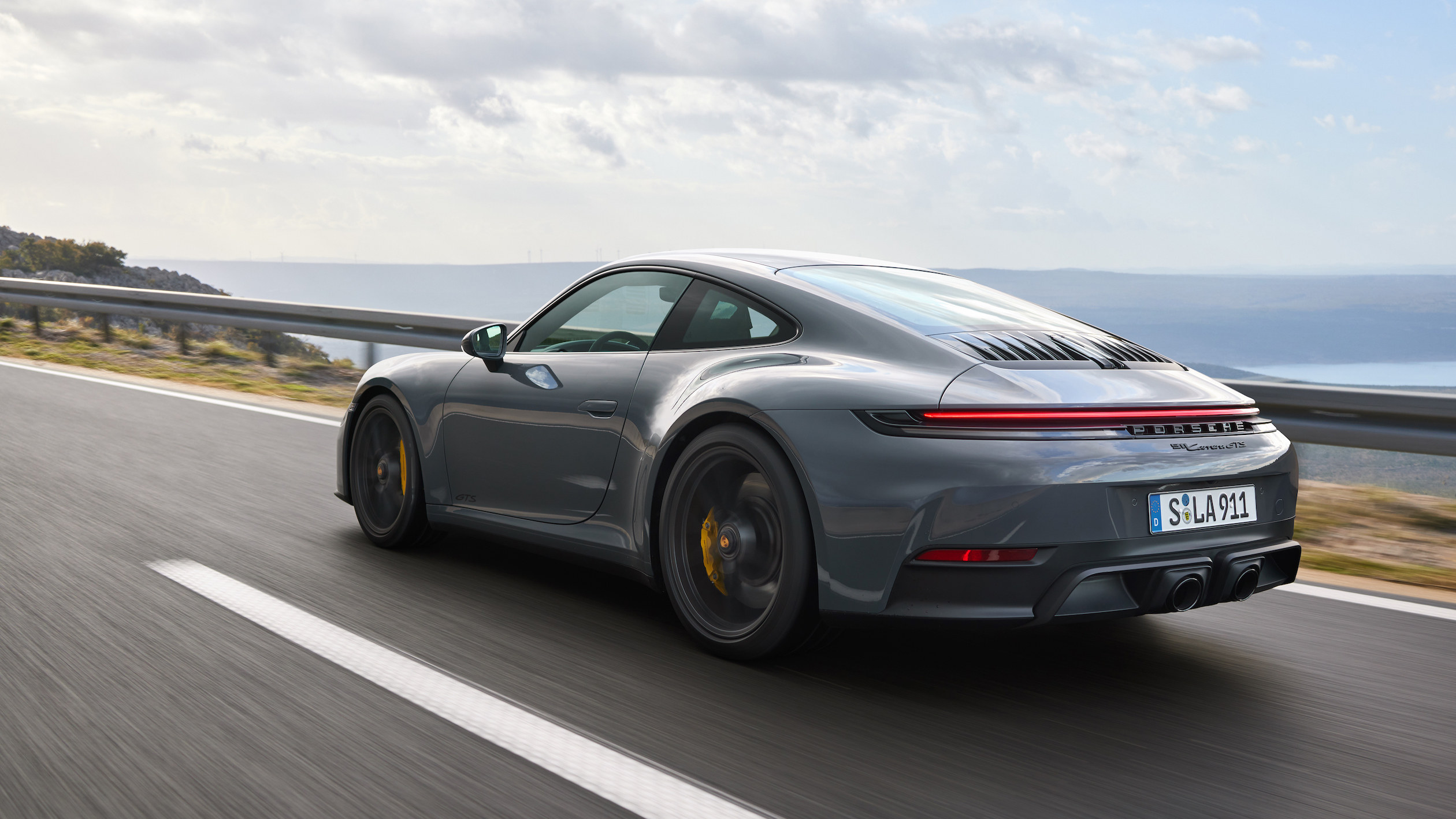
‘It's a really big step because that's the first time we have the hybridisation in a 911,’ says Frank Moser, Vice-President for the 718 and 911 models, in Málaga, Spain, where the car was launched. ‘It shows that the model is reinventing itself once more.’
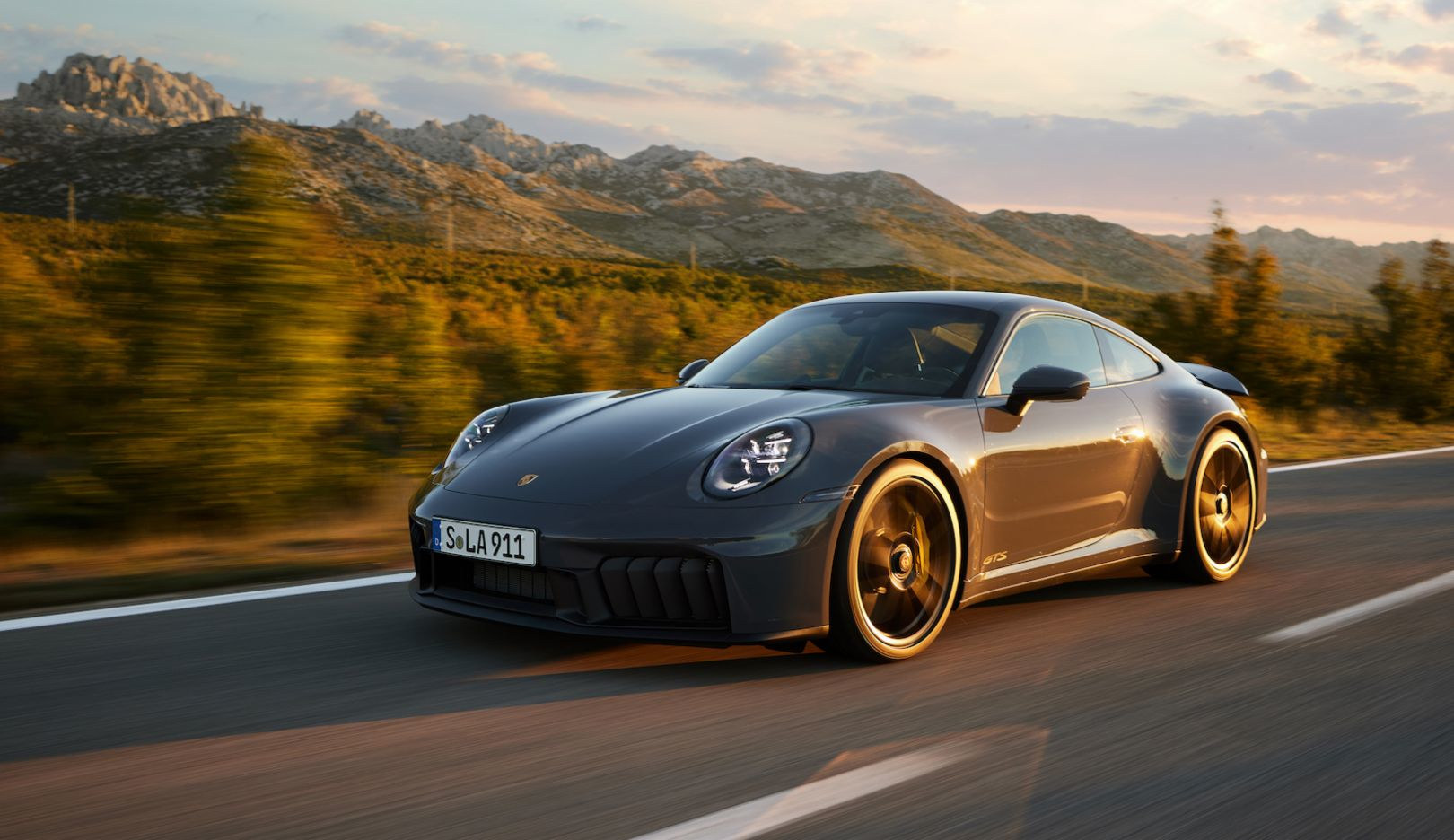
While the 911's unchanging, teardrop shape might suggest the model has resisted ‘reinvention’ for more than half a century, Moser explains the sizeable shifts in the 911's engineering within that time. ‘Fifty years ago, the first 911 with a turbocharger arrived – that was outstanding for us,’ Moser continues. ‘Then, in 1984, we brought four-wheel drive to the car and after that, we switched from air-cooled to water-cooled engines in 1998, which was a huge change.’
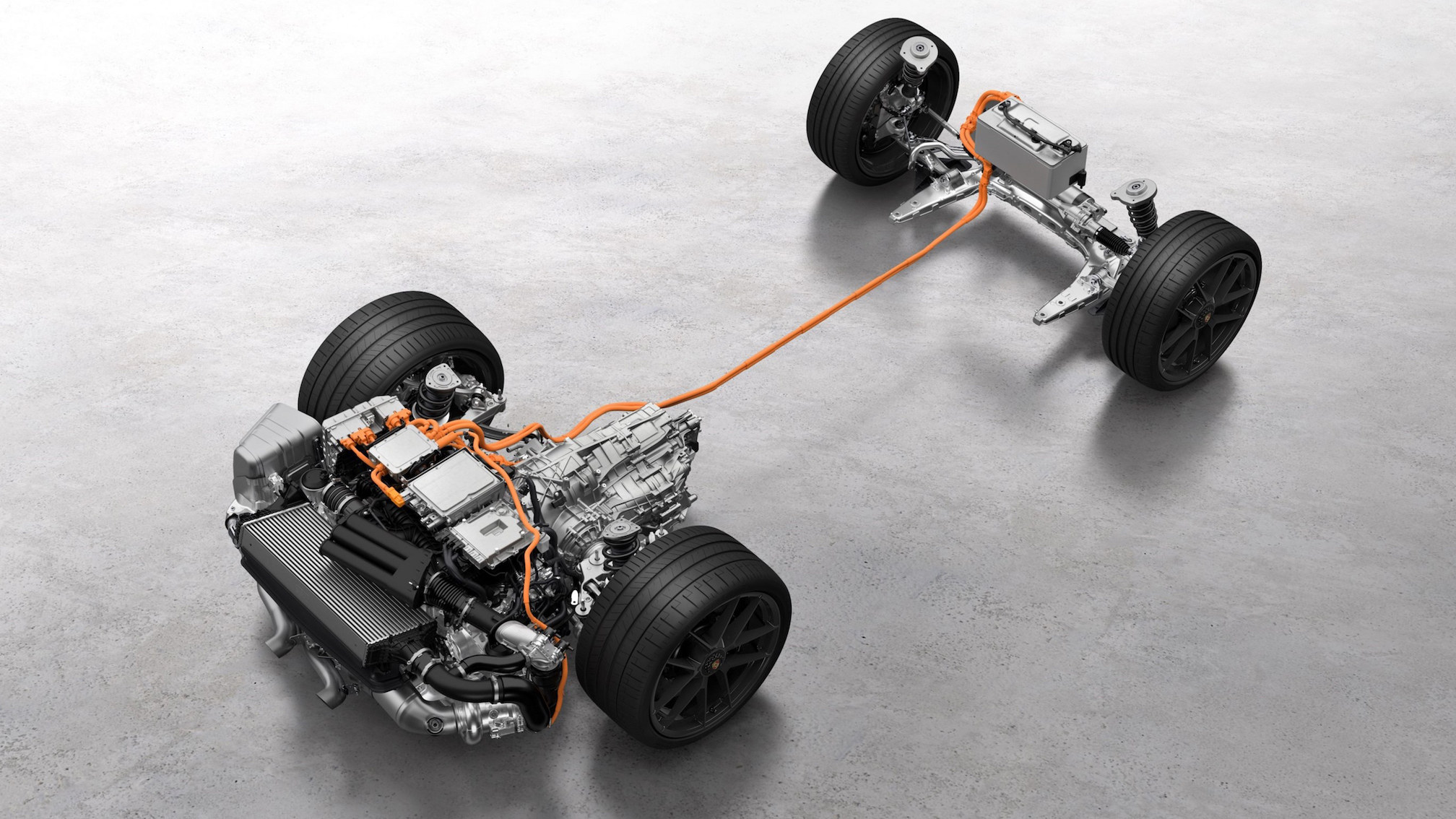
While the 911 name passes another milestone with the introduction of electrification, in practice, the new GTS' charged-up underpinnings are discreet. While it's far from capable of all-electric driving, its redesigned 3.6-litre, six-cylinder boxer engine is boosted by a small, high-voltage battery located in the front. That 400 V traction battery powers an electric turbocharger (eTurbo) and an electric motor in the transmission, which can produce an additional 150Nm of torque.
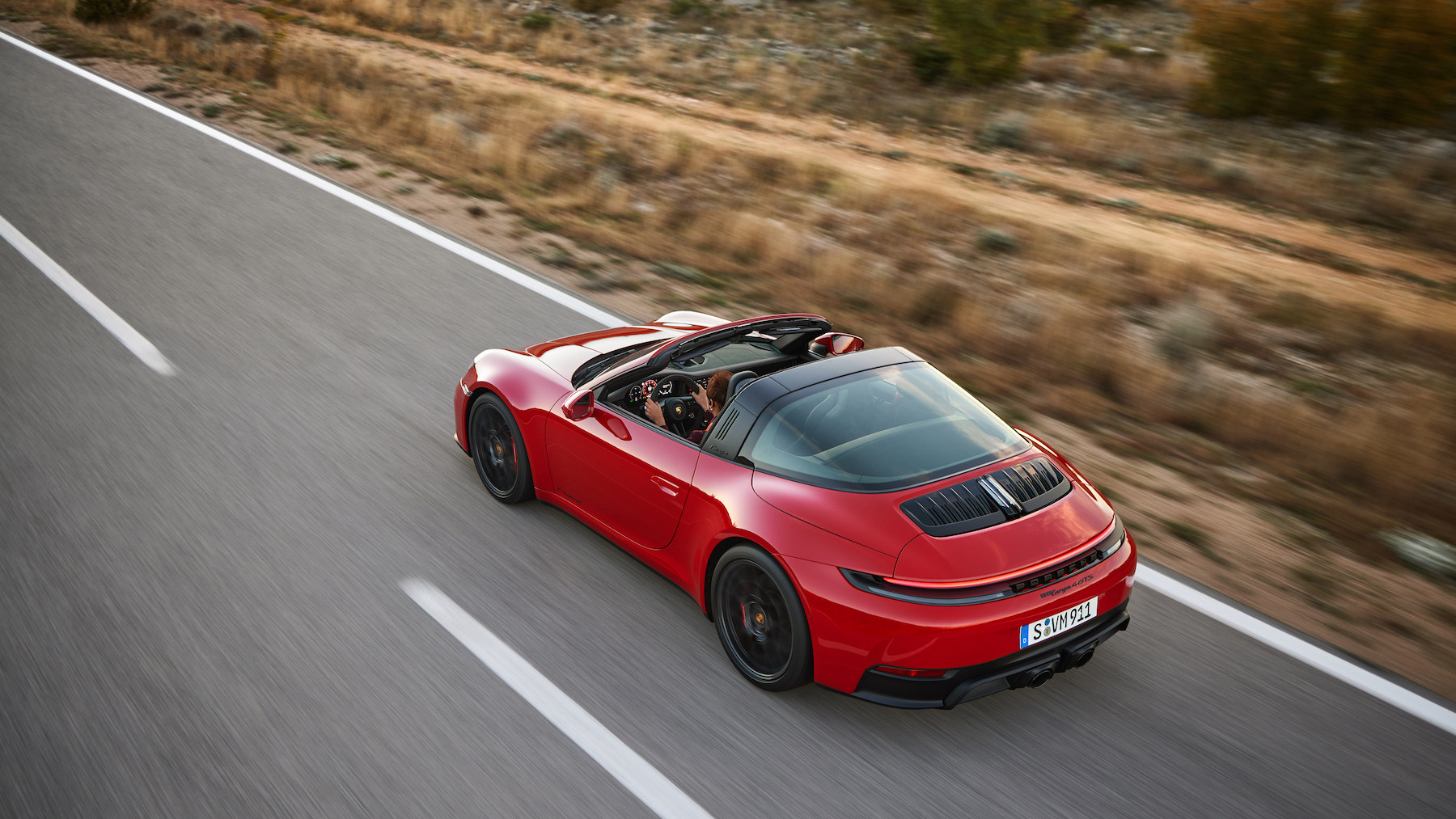
All that combined, means the new GTS is capable of clawing its way to 62mph from standing in just three seconds and on to a top speed of just under 200mph. On the track, the difference between the hybrid GTS and pure-combustion Carrera is stark. The electrically assisted GTS is noticeably faster, largely down to having 534 bhp – 146 bhp more than its sibling. To illustrate the performance jump, Porsche took the new GTS coupe around the infamous German Nordschleife race track, where it shaved nearly nine seconds off the previous generation model’s time.
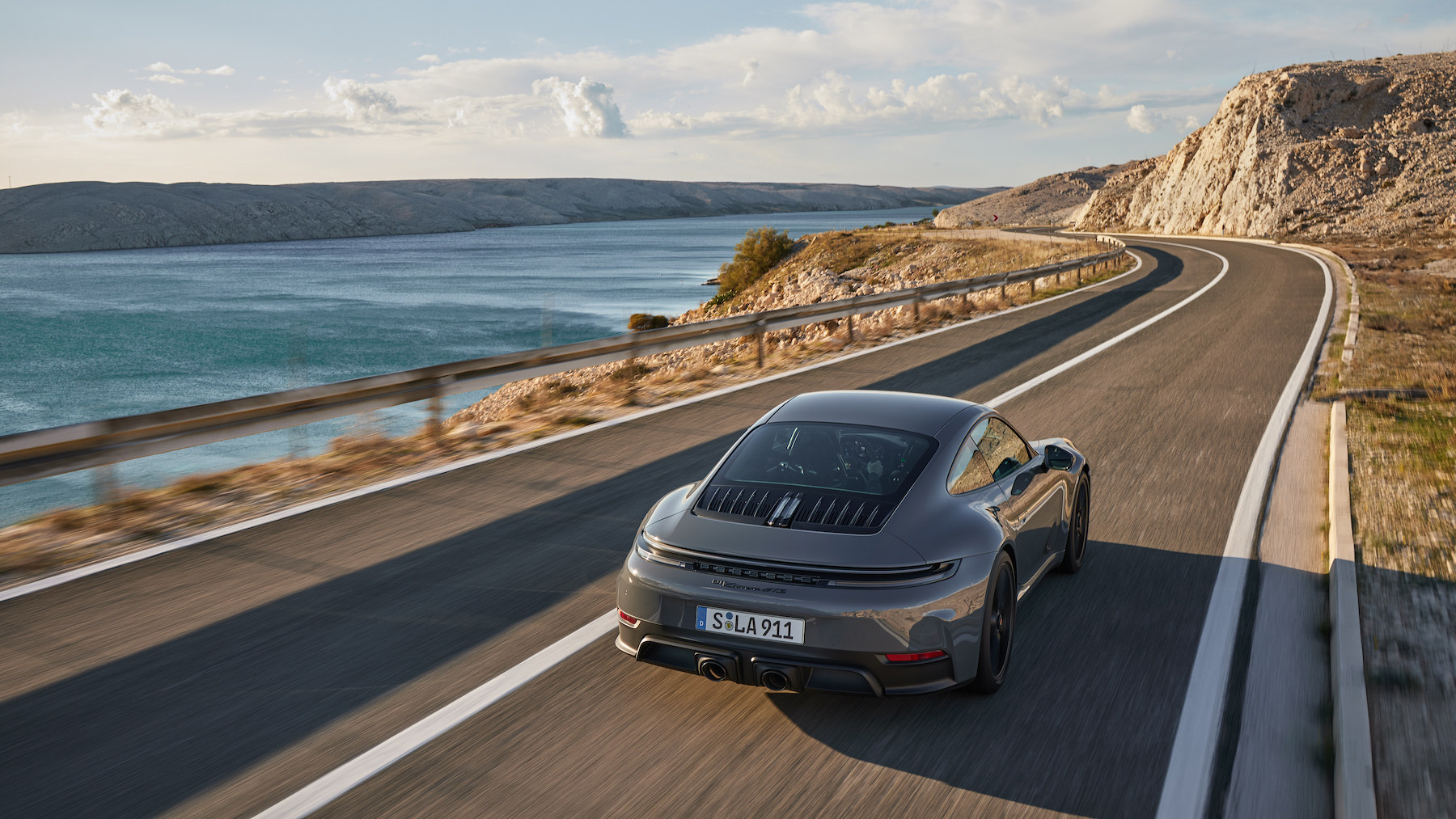
When driving on the road, the entry-level Carrera is still hugely capable thanks to its optimised 3.0-litre, six-cylinder engine but its softer ride means it hits the spot for everyday driving. Available as both a coupé and a cabriolet, both 911 Carrera variants come as rear-wheel drive only. There’s a price premium for the hybrid GTS, which comes as either rear-wheel drive or all-wheel drive and as a coupé, cabriolet and an all-wheel drive Targa, which caps the range at nearly £150k.
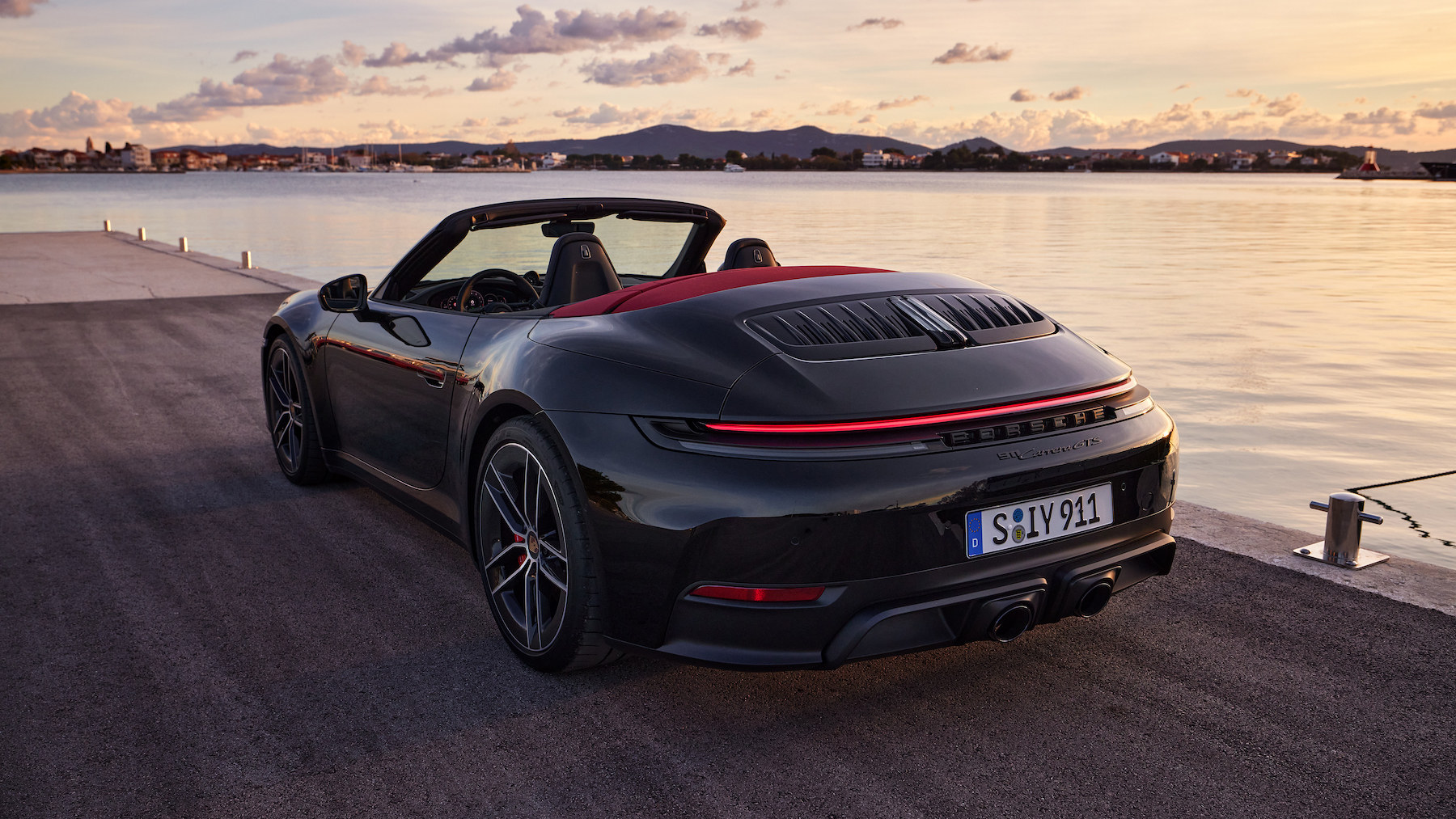
Regarding the exterior and interior, there are only a handful of subtle changes to tell the two new 911s apart from the current crop. The most noticeable change is found at the front of the new GTS, which sports vertical air intakes that open up to channel air into places that need cooling, or close to make the car more aerodynamic. On the inside, it's out with the analogue tachometer that proudly sat front and centre of the dashboard and in with a curved, 12.6-inch screen, which displays all the dials and more.
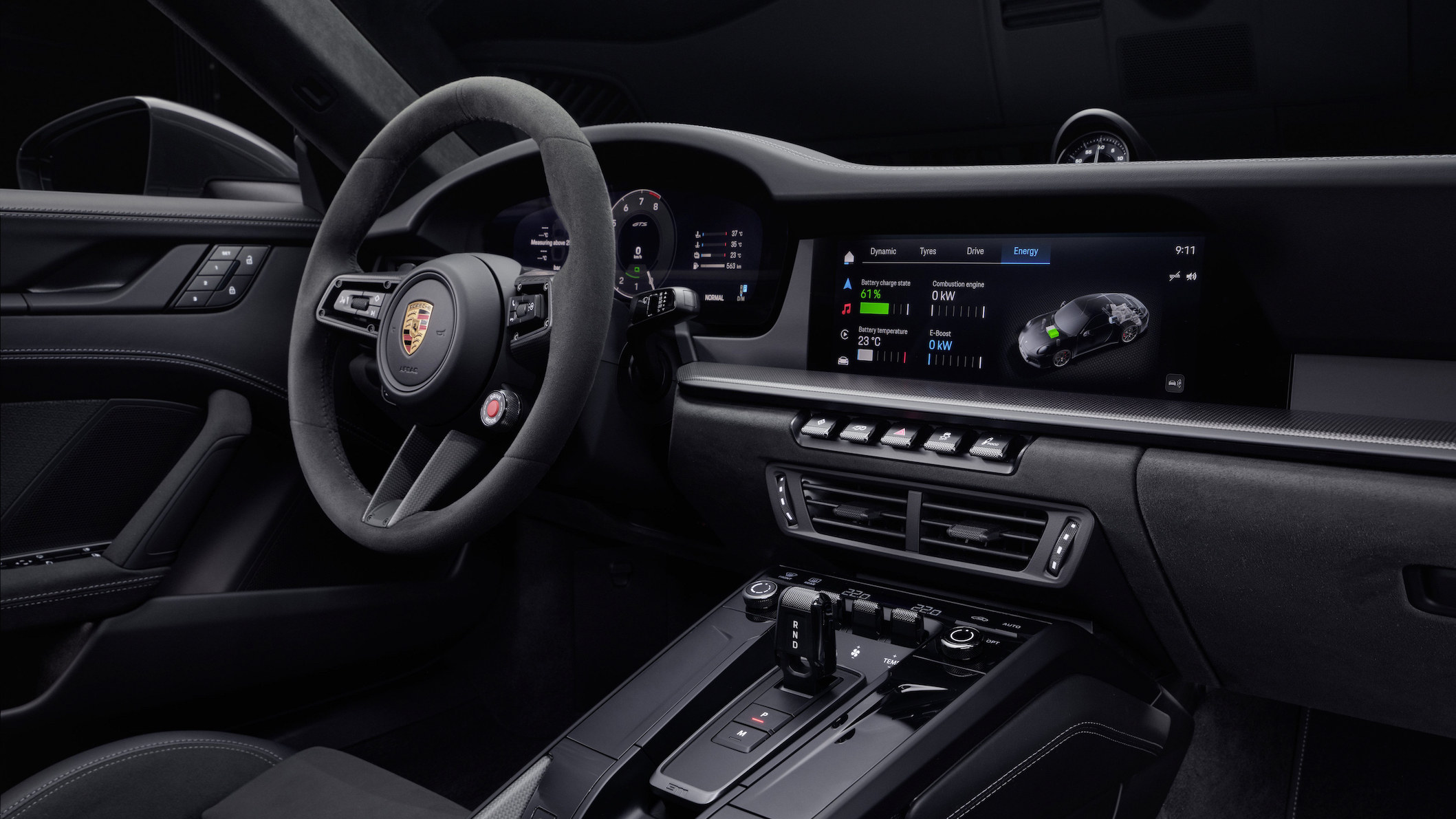
Sitting to the side of that, is a new nondescript push button starter that replaces the unorthodox twist to start 'key' fob for a that used to sit in the same place. While the marque has invested heavily in the car’s new underpinnings, it's taken a particularly light-touch approach to the styling and interior changes, and for good reason – the 911 is still one of the most practical, pretty and best-functioning sports cars on the market.
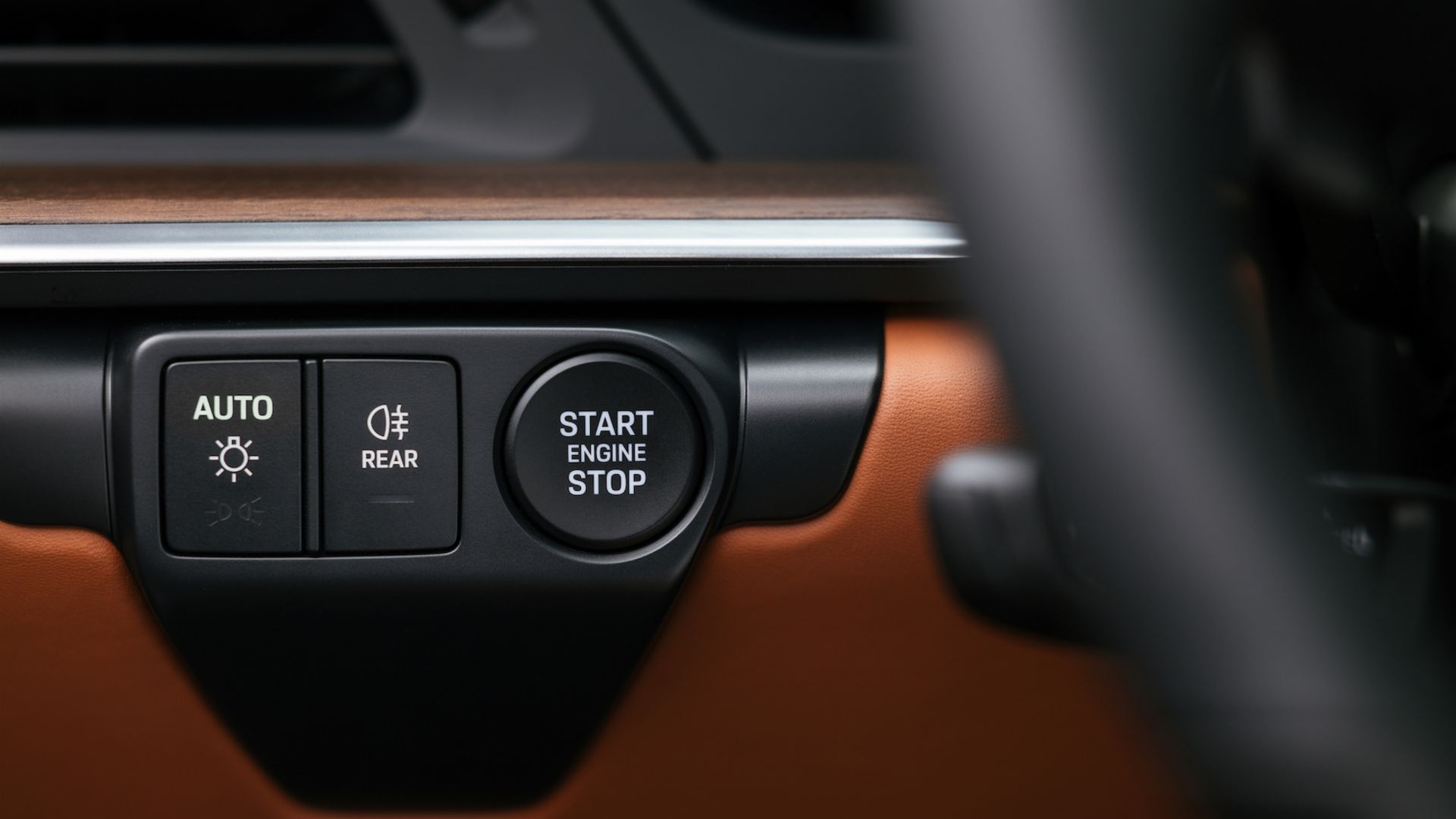
With deliveries due between autumn and the end of the year, the refreshed 911 – or 992.2, to those in the know – is a marked improvement on the current Carrera, particularly in GTS guise, with its innovative embrace of electrification. With Porsche's commitment to battery power still high on its agenda, the engineering seen on the new GTS is more than likely to spread and strengthen the rest of the 911 range in time.
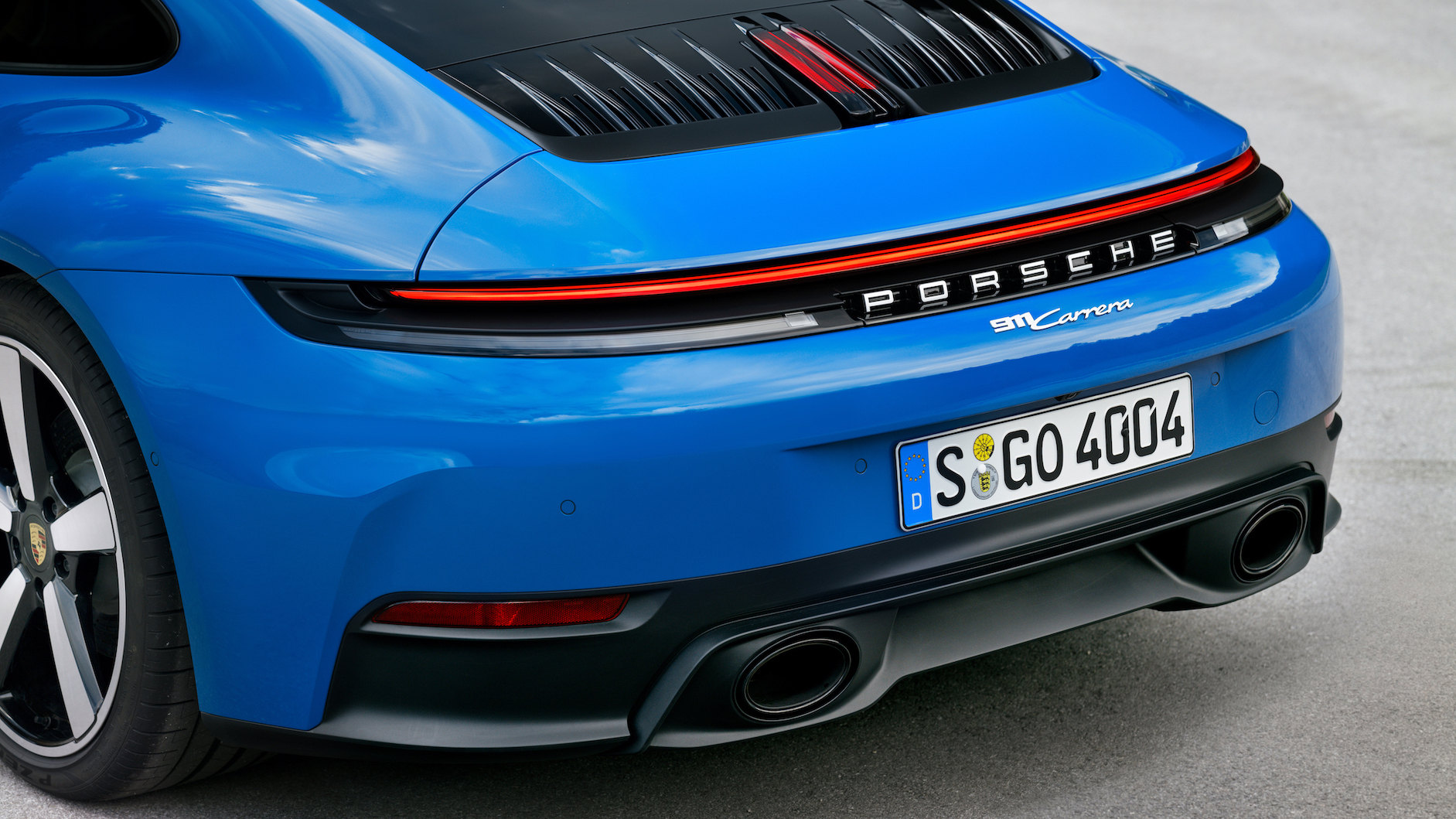
While the marque is keen to point out the additional technology does reduce emissions, it’s not exactly a sustainability play for Porsche, rather a particularly effective performance enhancer. As far as the 911 nameplate is concerned, one of the oldest and best-selling benchmarks for sports cars just got even better.
Porsche 911 Carrera GTS, from £132,600, Porsche 911 Targa 4 GTS, from £149,100




.jpg?w=600)


